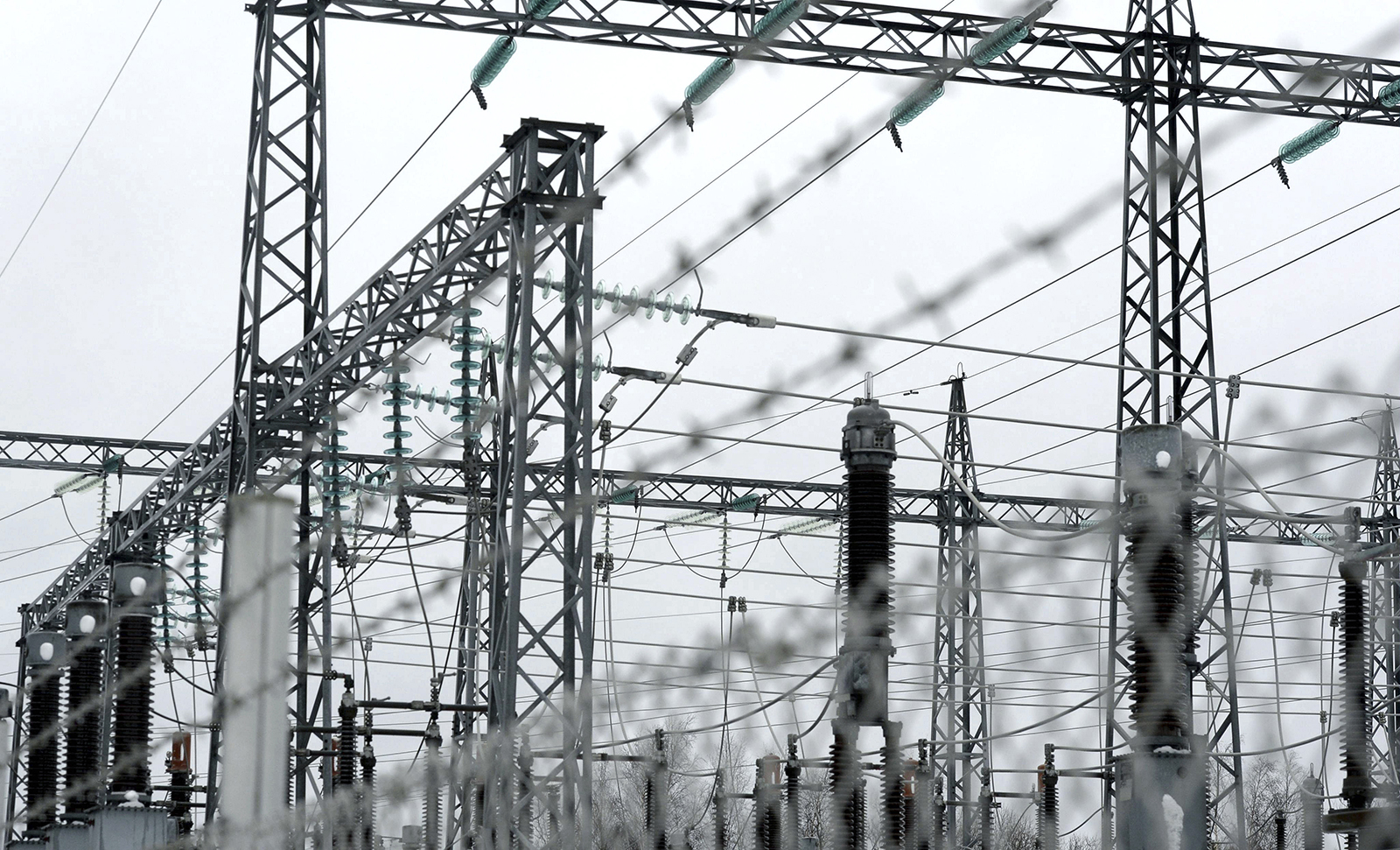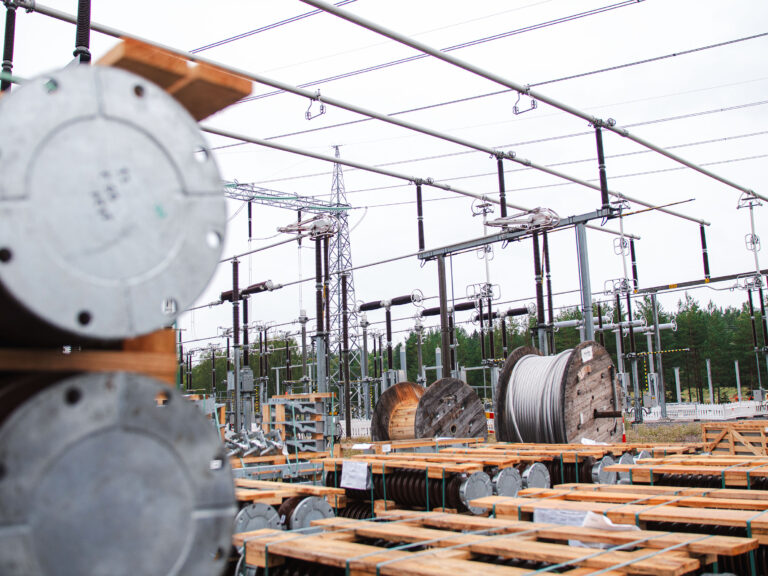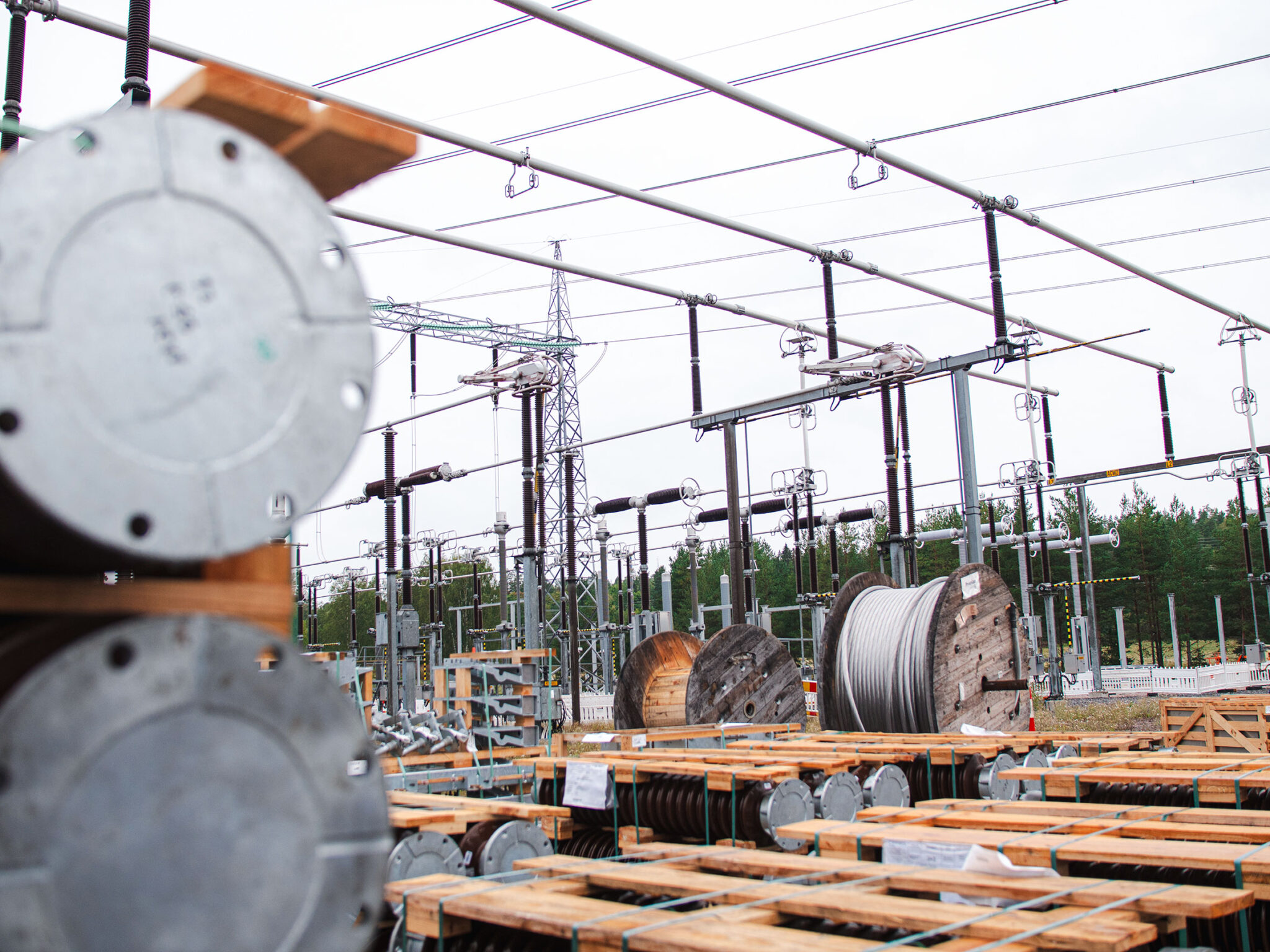However, the price trends that have occurred this year are not a reliable indication of next year’s trends. The market has a way of surprising people, says Juha Hiekkala, Fingrid’s Manager of Market Development.
Why did the price of electricity turn negative in the winter?
The factors affecting this were the substantial water reserves available for hydroelectric power generation, a warm winter and increased wind power generation. The long-term price of electricity in the Nordic region remained low throughout the spring. The market has been good for electricity consumers.
What does a negative price say about the electricity market?
Fluctuations in the price of electricity in the day-ahead market reflect the ongoing energy revolution. In the future, we can expect the price of electricity to turn negative again for a few occasional hours. However, if the price of electricity remained negative for a long period, it would indicate a lack of efficiency and market failure. Electricity prices should not be negative in efficient markets.
Can the price of electricity remain negative for a long period?
If the market is unable to provide a natural counterbalance to the supply of electricity, a failure will arise on the energy market. In such cases, long-term electricity prices may become negative, at least for a certain time. From one perspective, the renewable energy subsidy mechanism may be a potential root cause of disturbances in the balance of the market.
How would this affect the market?
Negative electricity prices are not compatible with market economics and create uncertainty in the market. Uncertainty increases the complexity of decision-making on an investment-heavy energy market. From the perspective of investments to enable the fight against climate change, it is important for long-term electricity prices to be determined on market times in a predictable way. Healthy markets are the best partner in the fight against climate change.
How does a low price of electricity affect the market?
If the price of electricity is low over the long term, electricity consumption will increase, and new means of using electricity will be identified. For example, cheap electricity may replace the energy generated using fossil fuels in industry, heating and transport. Cheap electricity thereby induces new demand, which balances out the market.







